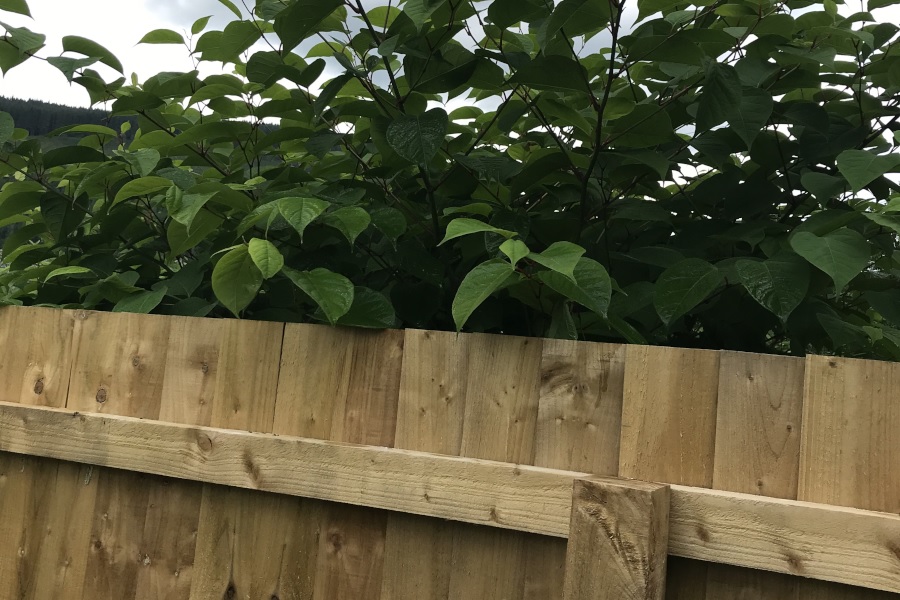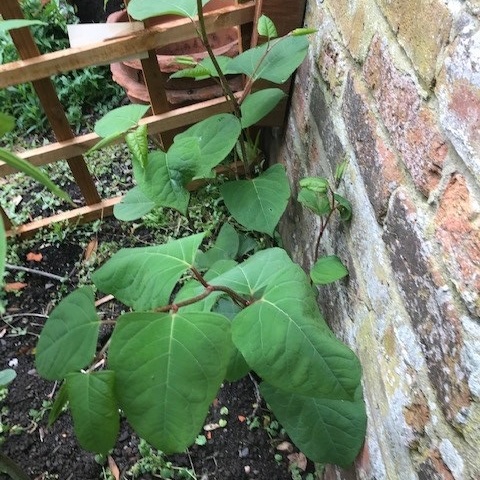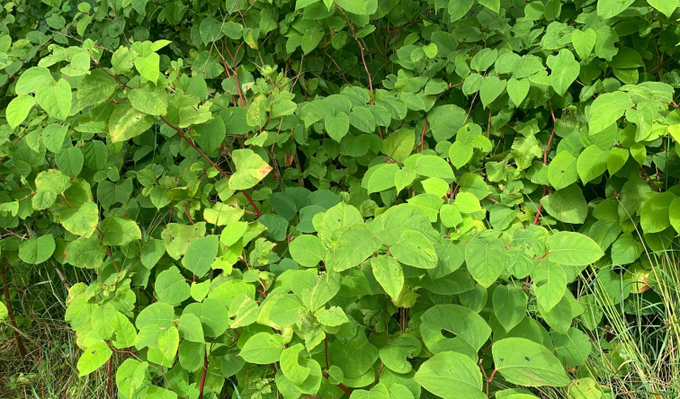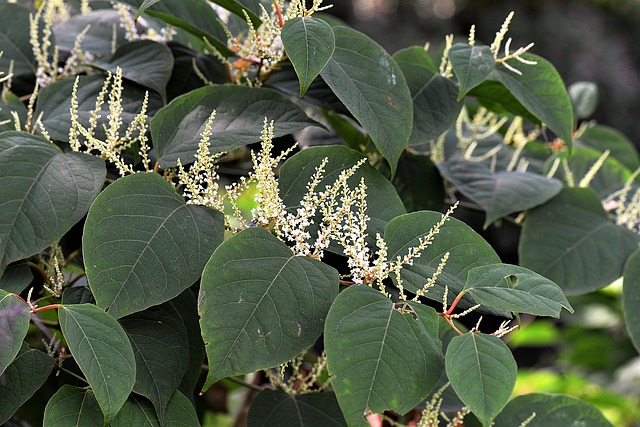
Japanese knotweed on your property is a problem, but this invasive plant can also pose a problem if it's growing near your property. RICS guidance states that a mortgage valuer, when surveying a property for Japanese knotweed, must report any knotweed found within 3 metres of the property boundary to the lender (which can complicate the process of buying or selling the property in question).
More...

Doing nothing will not make the potential problems associated with Japanese knotweed go away.
We are rapidly approaching the most effective time of year to treat Japanese knotweed. If you have knotweed within the boundary of your garden (or near the boundary on adjacent land) then you should consider putting a treatment programme in place ASAP.
More...

Japanese knotweed is a non-native plant that inhabits both urban and rural areas. It's the fastest-growing invasive species in the UK, and it spreads rapidly, often overwhelming other plant life. It can also cause huge issues for homeowners, as the presence of knotweed can reduce a property's market value.
In response to the problems posed by Japanese knotweed, the Royal Institution of Chartered Surveyors (RICS) developed an extensive assessment framework for surveyors to reference when inspecting an infested property.
More...

Japanese knotweed has a bad reputation, and deservedly so. This invasive plant grows fast, and it’s very difficult to get rid of.
However, it could be argued that the UK media have exaggerated the threat posed by Japanese knotweed. Some news reports would have you believe that the plant can bulldoze entire houses if left to grow unchecked—but while the plant can cause a number of issues for homeowners, actual structural damage is very rare.
More...
